Our senses are bombarded each and every day. Different sounds, sights, tastes, smells, and textures are everywhere. Most adults have learned how to handle this bombardment by tuning out the senses that aren’t necessary to what we’re doing. (But even still, we can experience sensory overload from time to time.)
Children, on the other hand, are still getting a handle on all the senses and experiences of their world. Remember how your preschooler put everything in her mouth as a baby? She no longer needs to explore every object in that way, but she’s still making sense (pun intended) of her world — and she’s using her senses to do that.
That’s why sensory play is so vital for a child’s development. Children need to have all senses engaged in play so they can come to understand how things work.
The Seven (Yes, Really!) Senses
You know about the five senses: sight, hearing, touch, taste, and smell. But there are two more senses that a child needs to use and develop:
- Body awareness (or proprioception), which refers to how we sense where our bodies are in space, and
- Balance
When children engage in activities that put many of these seven senses to work, they are building on their problem-solving skills, social skills, language skills, and cognitive skills and growth.
What Is Sensory Play?
Sensory play is simply defined: It is an activity that stimulates some or all of the seven senses: sight, hearing, touch, taste, smell, body awareness, and balance.
But sensory play does so much more than just give your child the chance to experience the senses. As children stimulate their senses, they become familiar and comfortable with those senses. This helps them become more adaptable. For example, a small child may not be able to build with blocks while the window is open and cars are driving by. Over time, as the child engages in sensory play, he will learn to block out the noise so he can concentrate on his task.
Sensory play also helps children feel comfortable with things that may cause them anxiety. For example, a child may struggle with the feeling of a toothbrush inside her mouth. But as she plays with objects that have bristles, she can come to feel more comfortable with the texture of a toothbrush, and brushing teeth can become less scary over time.
The Many Benefits of Sensory Play
Sensory play benefits your child in a variety of ways, including:
- The ability to complete complex learning tasks
- Language development
- Cognitive growth
- Problem-solving skills
- Fine motor development
- Gross motor development
- Social skills
- Memory enhancement
- Reduction in anxiety
- Self-soothing skills
Sensory play is not just about touching play-dough and playing in rice bins (although, sensory play certainly is that!). It’s more than touch; it’s about involving all the senses.
Try these sensory activities for preschoolers at home.
Body Awareness Sensory Activity for Preschoolers
Body awareness helps us to do our every-day activities: feed ourselves, shower, get dressed, give somebody a hug. It helps us to avoid standing too closely to strangers, to be able to maneuver around obstacles in our path, and to do things like apply sunscreen on our face without applying too much pressure.
Give your child opportunities to move, move, move! Scooters, tricycles, balance bikes, roller skates, and more help your preschooler understand his body and where it is in space.
Some common household chores, like making the bed, carrying in groceries, and vacuuming, are perfect for building body awareness.
Fun body awareness sensory activities for preschoolers are:
- hopscotch
- jumping on the trampoline
- making a snowman
- pulling a wagon
- playing clapping games
- bouncing a ball against a wall
- balloon volleyball
- rolling down a hill
Think of ways you can add unique movement into ordinary activities. For example, you could have your child climb under the table for story time or to practice letters.
Balance Sensory Activities for Preschoolers
Surprisingly, balance is actually connected to your child’s learning process. If your child struggles to control his balance, things like sitting at the rug or in a chair become difficult. This makes focus more difficult to achieve, and learning becomes harder.
Give your child fun activities to learn balance:
- Play leap frog
- Do twist jumps and jumping jacks
- Use chalk to draw shapes, and have your child jump from shape to shape
- Hop or stand on one foot
- Play Simon says
- Walk on a “tight rope” (lay string or tape on the floor)
- Play freeze tag
Sight Sensory Activities for Preschoolers
Teach your child to notice what she sees around her.
- Put in ear plugs and go on a walk. After the walk, talk about what your child saw.
- Make “binoculars” or a “spyglass” out of paper towel rolls, cups, and toilet paper rolls. Have your child act as a detective who is investigating or as a pirate who is searching for land. Talk about what your child sees through their devices.
- Use a magnifying glass to get a closer look at insects, plants, and favorite toys.
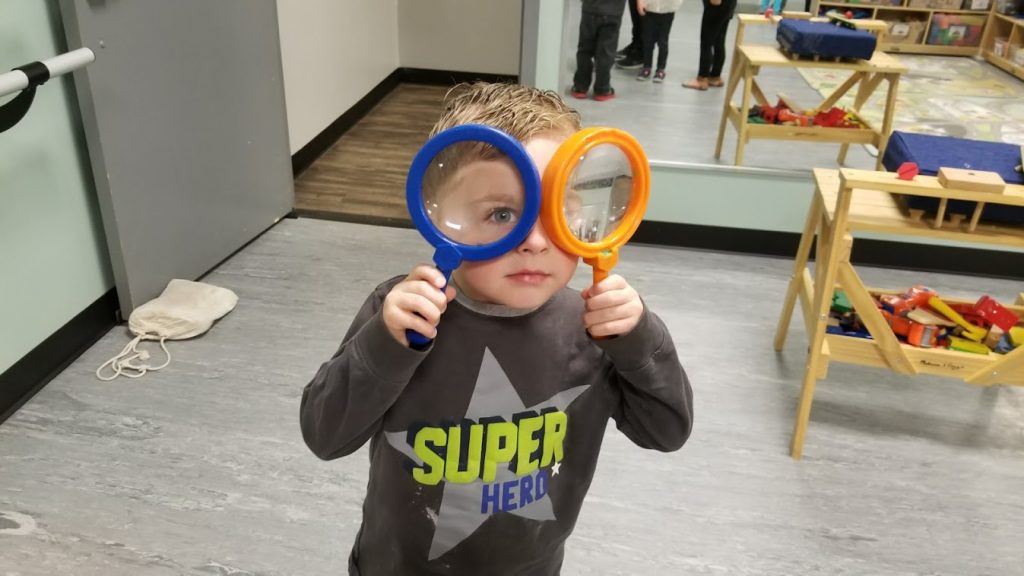
Hearing Sensory Activities for Preschoolers
Help your child get a greater sense of hearing with these activities.
- Blindfold your child (an old tie works great) and guide her across the room with your voice.
- Similarly, blindfold your child and make noises around the room. Ask him to point to where you are. If you want to get really challenging, ask him to tell you what is making the noise. (Some ideas: open and close a door, play a piano key, zip and unzip a coat.)
- Fill plastic eggs or solid jars (not see-through) with different items like marbles, rice, coins, or jelly beans. Let your preschooler shake the eggs or jars and guess what is inside. Talk about why the rice made a lighter sound than the marbles; why the coins sounded metallic, etc.
Taste Sensory Activities for Preschoolers
There is so much fun to be had when working on the sense of taste!
- Serve foods from a different culture.
- Serve meals your child can “build” himself. A taco bar, baked potato bar, build-your-own pizza, and more gives your child the chance to make his own taste choices. Ambitious children can taste new combinations while cautious children can choose foods that are comfortable to them.
- Teach the four main tastes with taste bottles.
- Conduct fun taste tests.
- Let your child help with cooking (and sampling as you go).
Smell Sensory Activities for Preschoolers
Smell is a crucial sense to develop. It can help your child smell danger (like smoke) or determine if something is too spoiled to eat. It can help with the sense of taste, and it can bring happiness — smell is closely connected to many of our memories.
- Make scented play-dough. At UDA Creative Arts Preschool, the children have loved pumpkin spice play-dough. The delicious smell fills the entire room and inspires plenty of autumn-themed creations. You can find the recipe here. We have also enjoyed strawberry and chocolate play-dough recipes.
- Cook and bake. Let your child sniff the spices before you add them. Talk about the new scents that develop as you mix ingredients together.
- Make sensory smelling bottles.
- Paint with homemade scented paint made from Kool-Aid and water.
Touch Sensory Activities for Preschoolers
Children don’t really need an invitation to touch; they want to touch everything! These activities will give your child new textures to experience.
- Use shaving cream or whipped cream for letter and name practice.
Create a sensory bin filled with beans, rice, sand, fake grass, or beads. Add small toys to be played with.
Visit a farm or a friend with a pet, and teach your child to gently touch the animals .
Read touch-and-feel books.
Plant a garden. Let your child get her hands dirty.
Play with slime or play-dough.
Snuggle with a favorite stuffed animal
Every day, you can find ways for your child to build awareness of her senses in the way she plays. At UDA Creative Arts Preschool in Draper, Utah, we believe in developing the whole child, and we know that sensory activities give your child a chance to develop in countless ways. That’s why we build sensory activities into everything we do. Give your child the gift of an enriching preschool education. Give us a call at (801) 523-5930, or contact us online for a tour of the preschool.

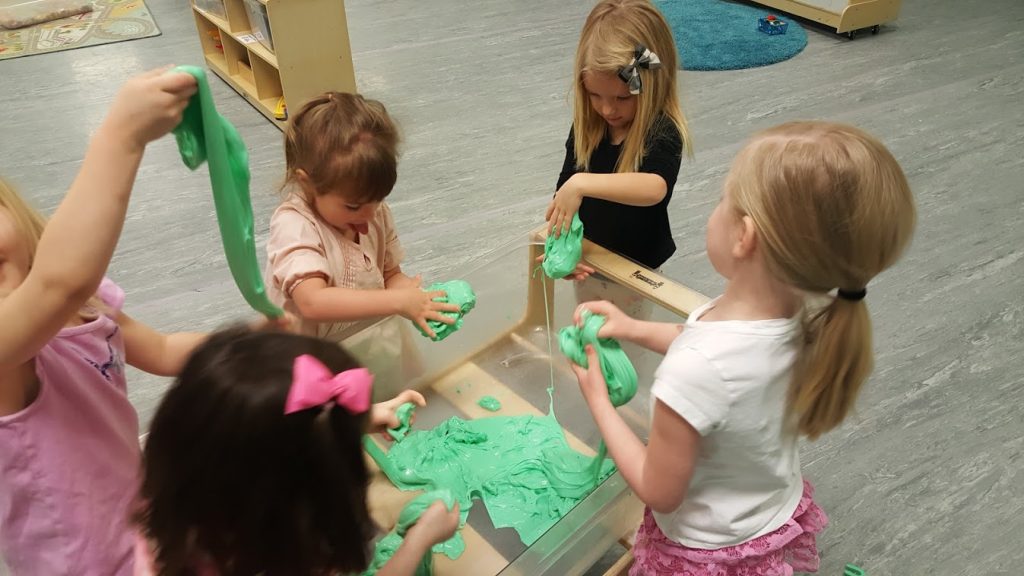

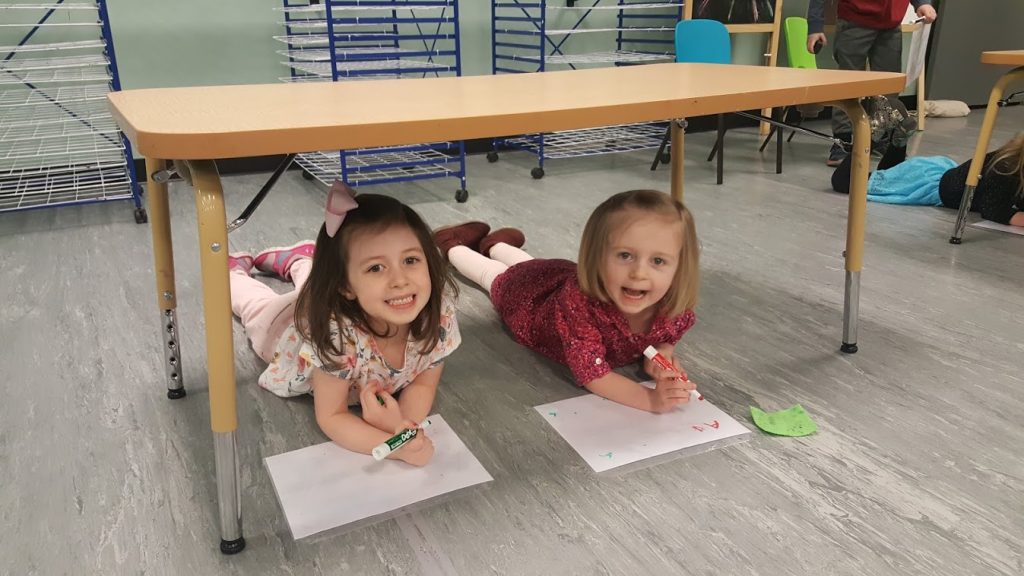
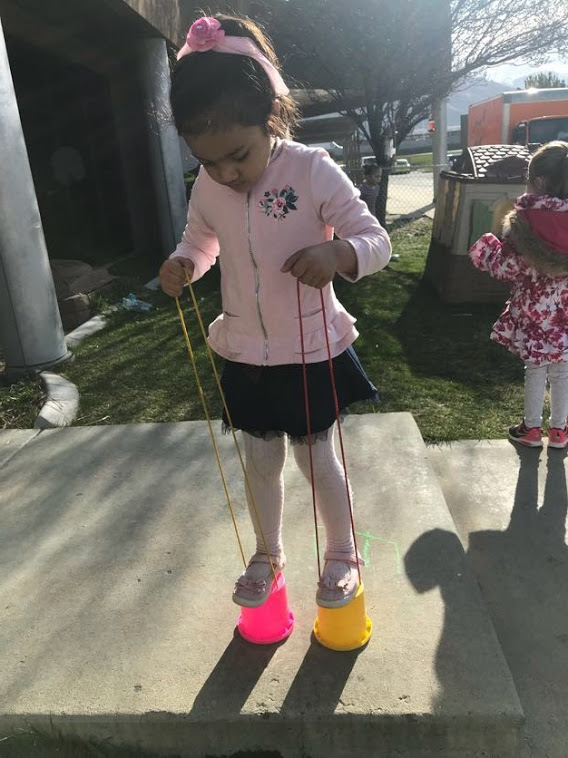
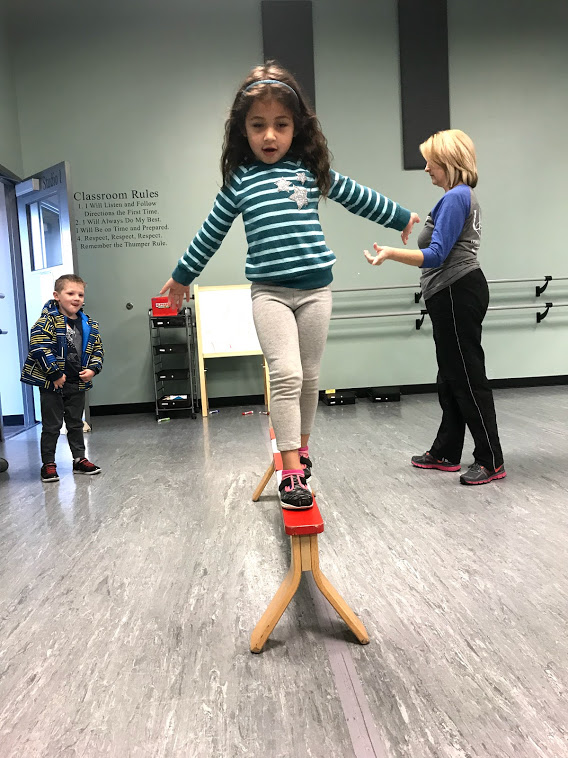
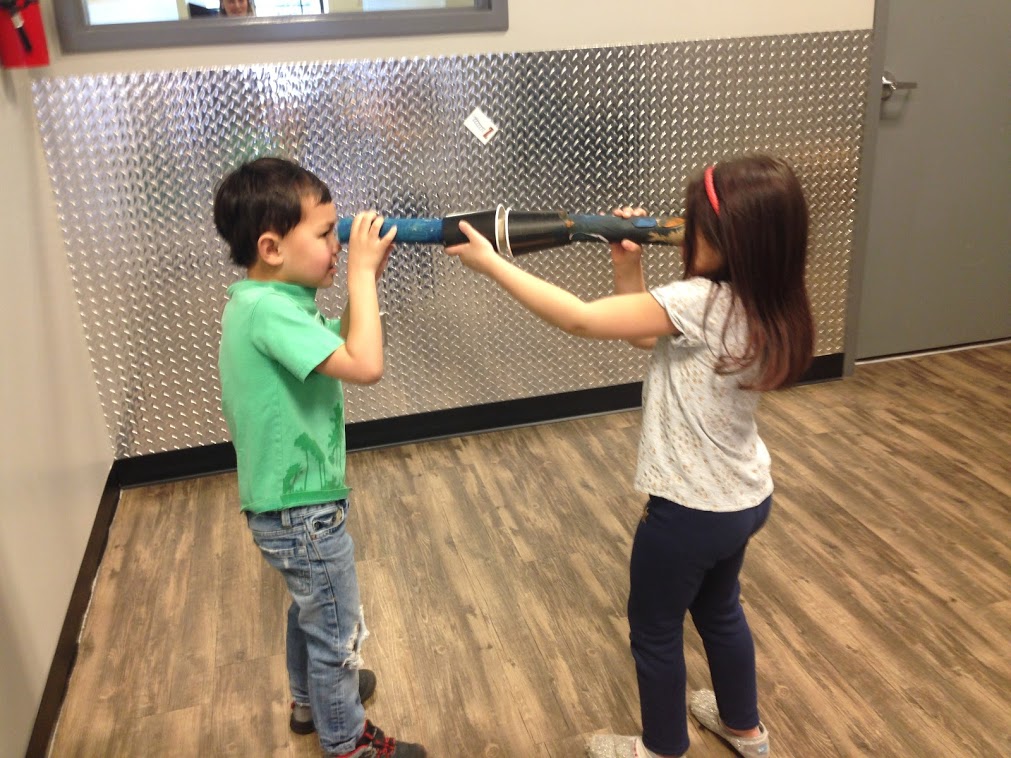
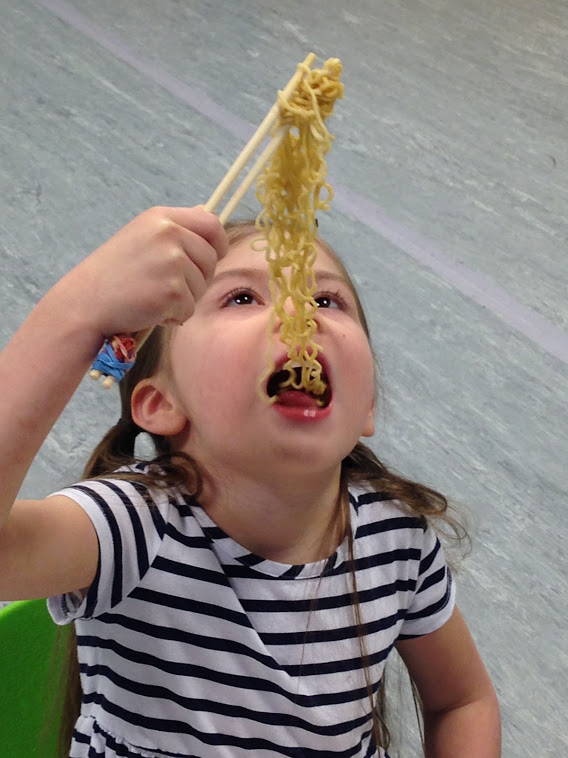
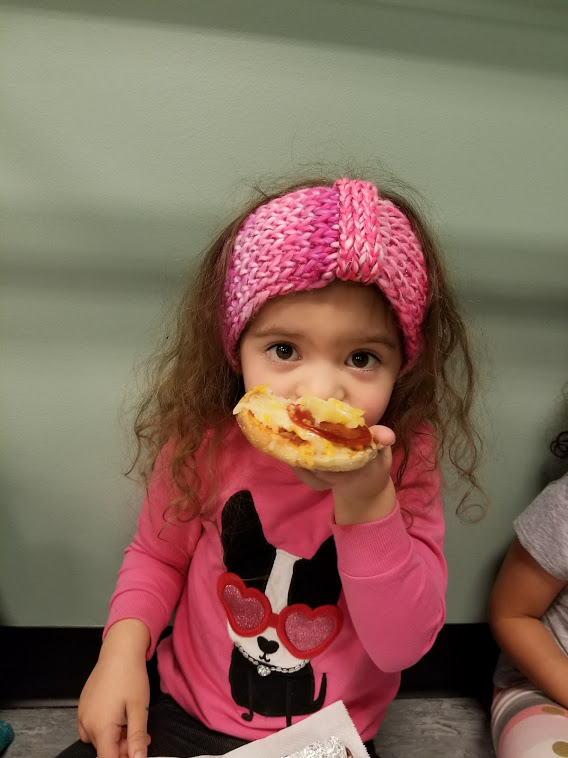
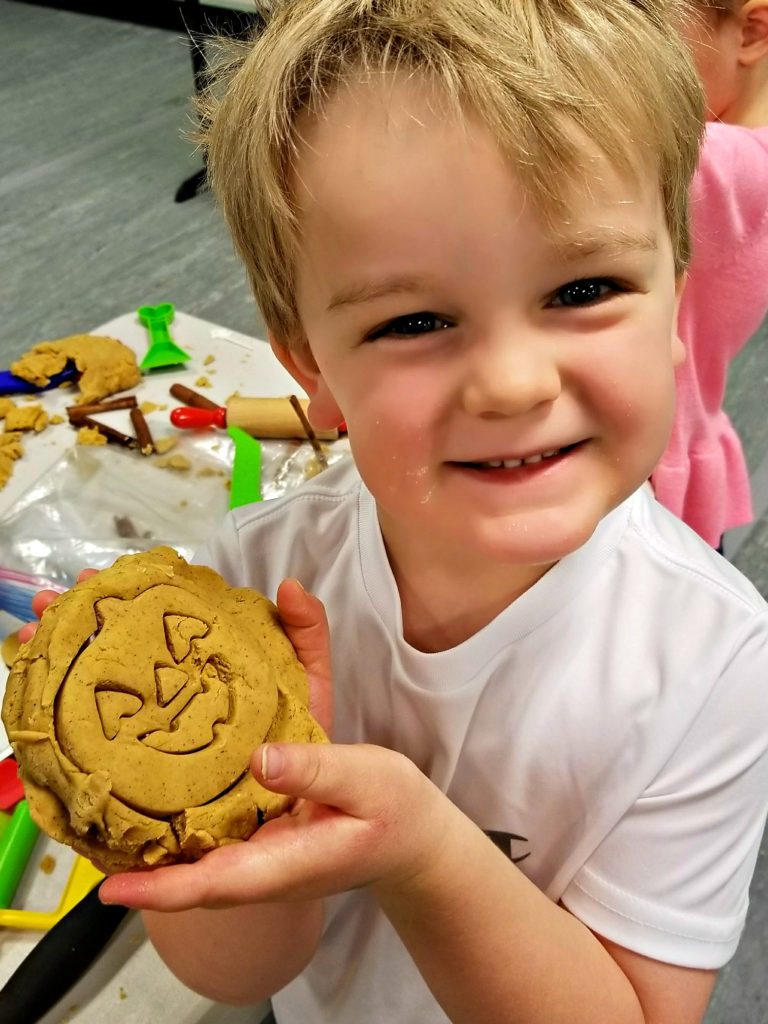
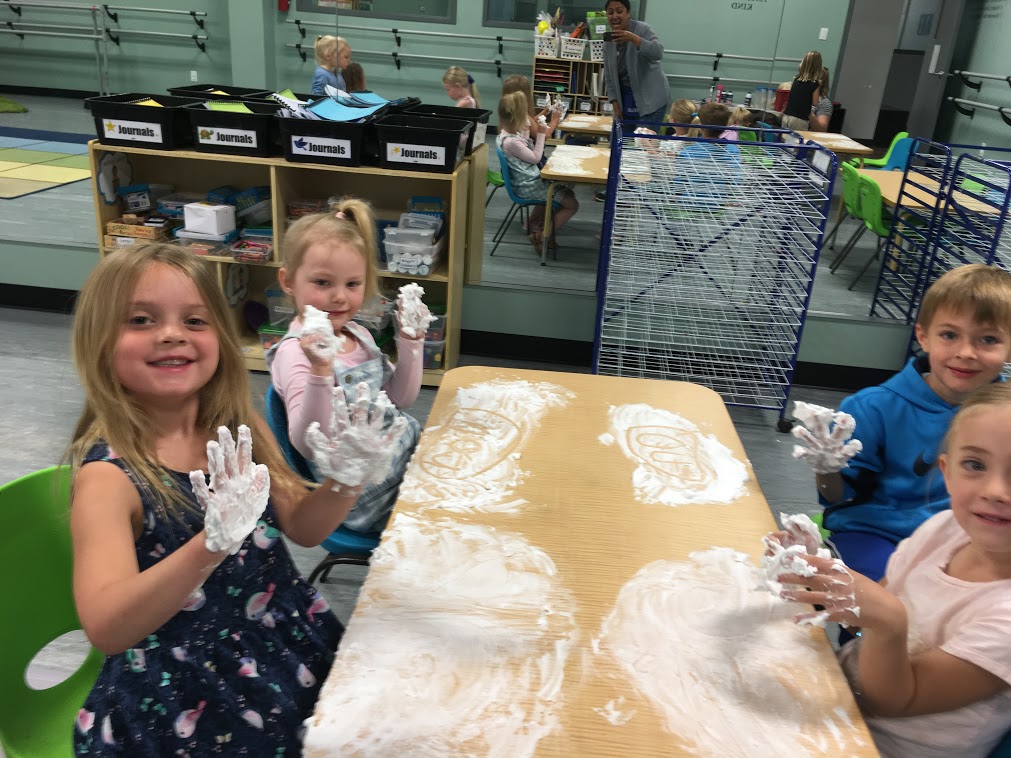
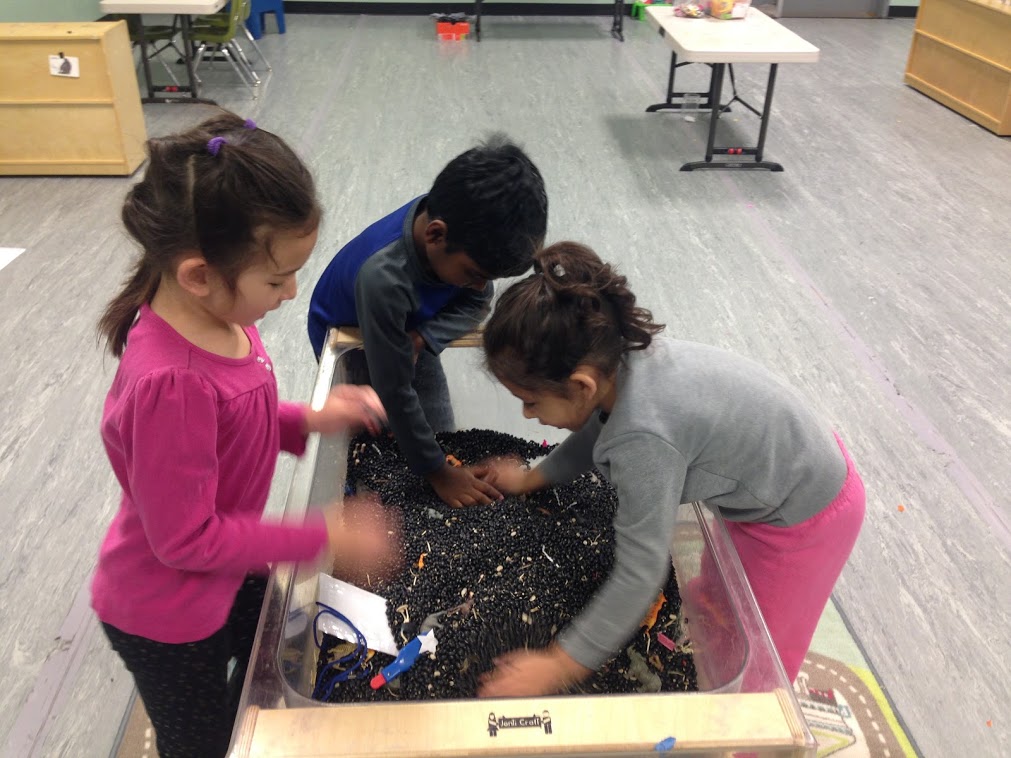

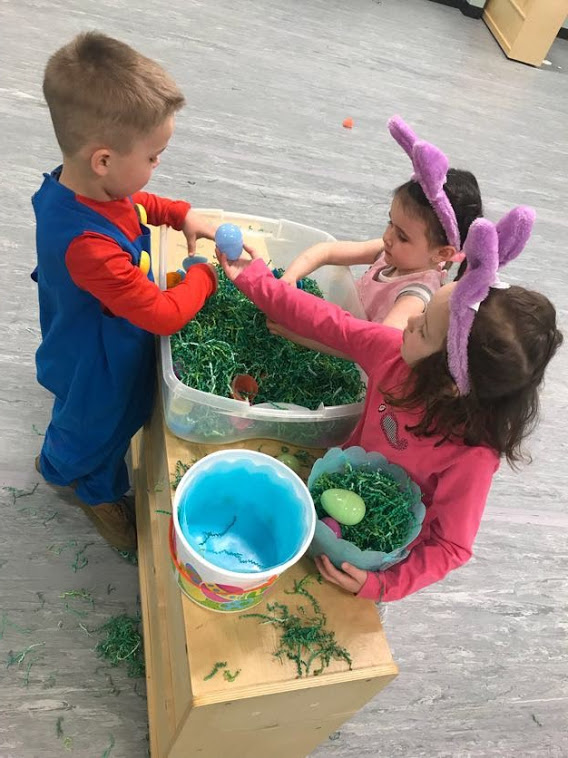
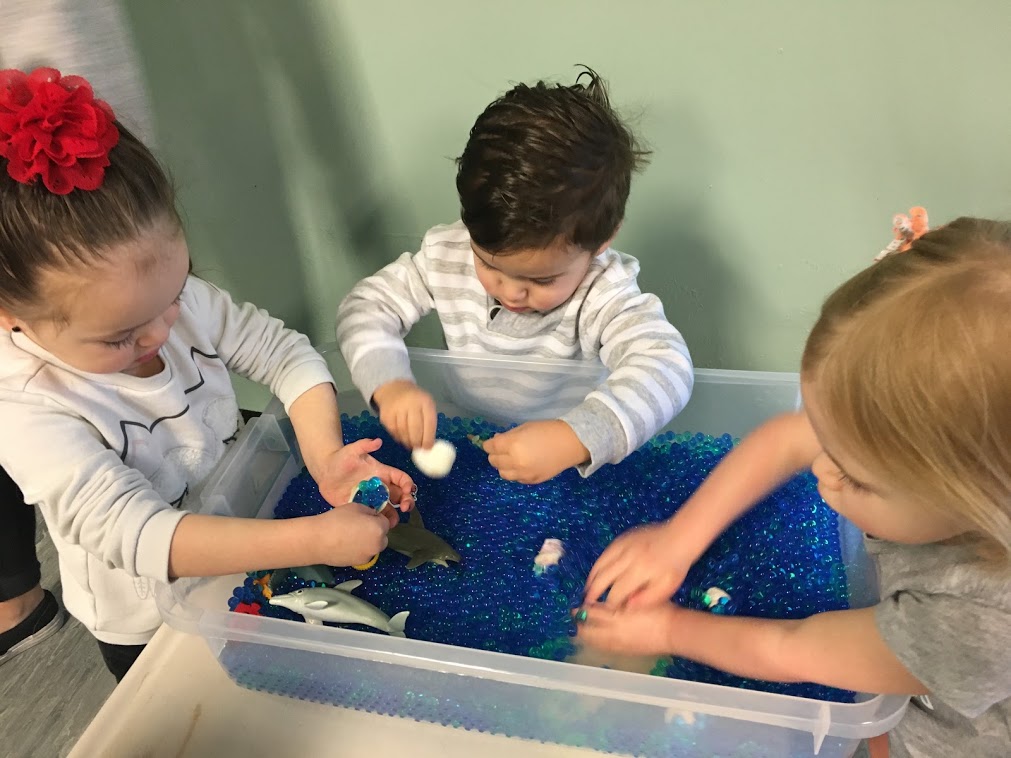
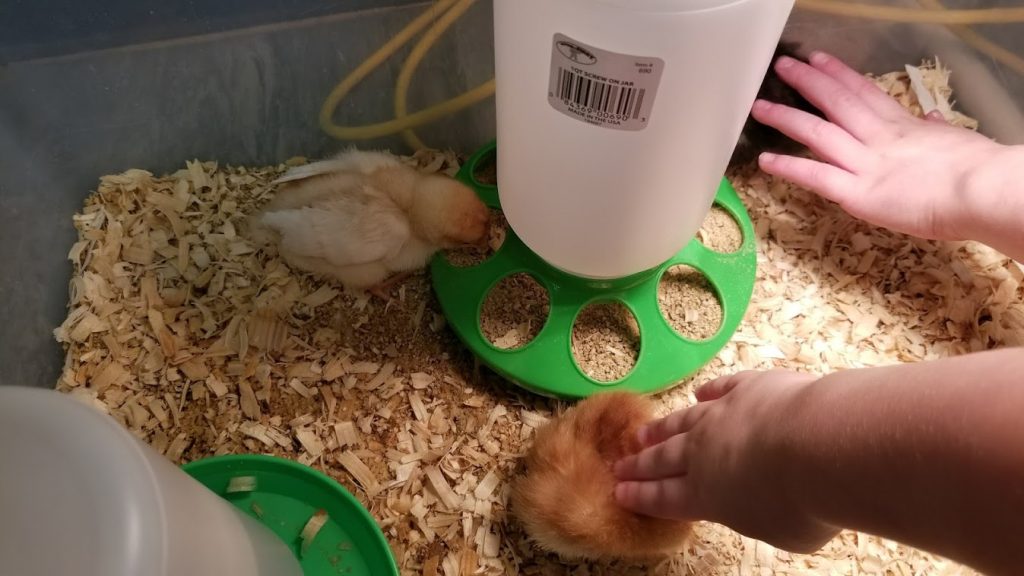
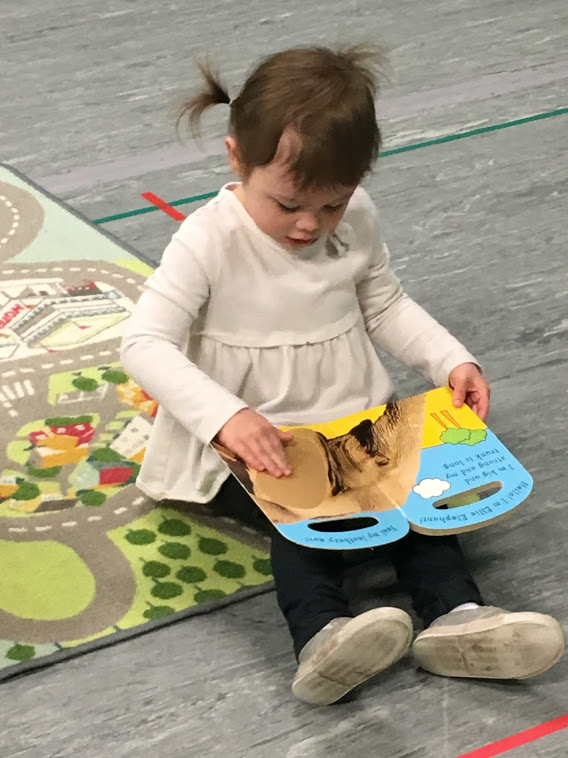
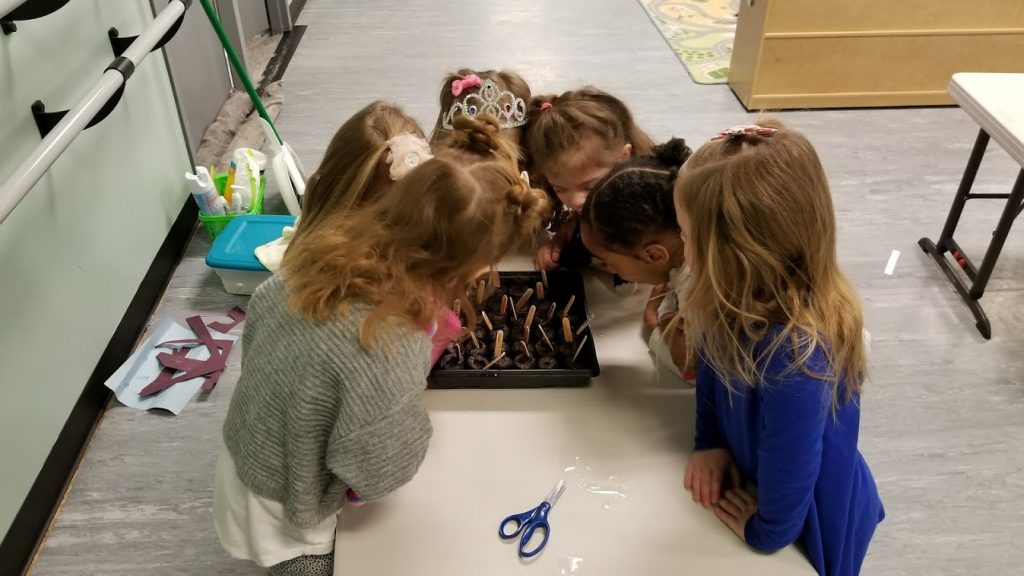
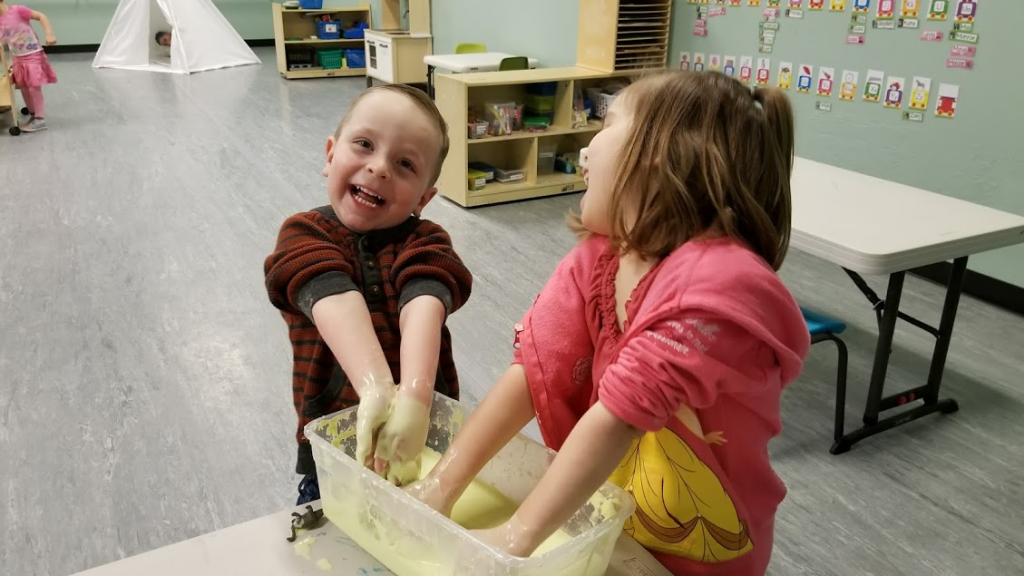

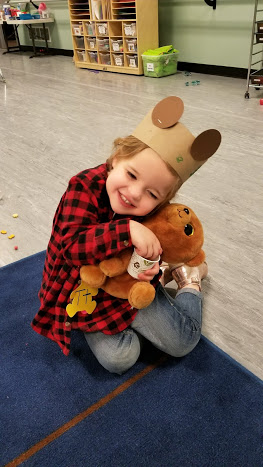
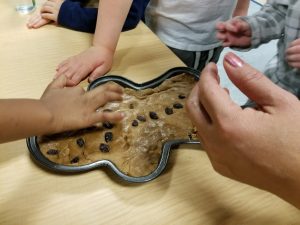
Great job these activities are very easy and effective for our children.